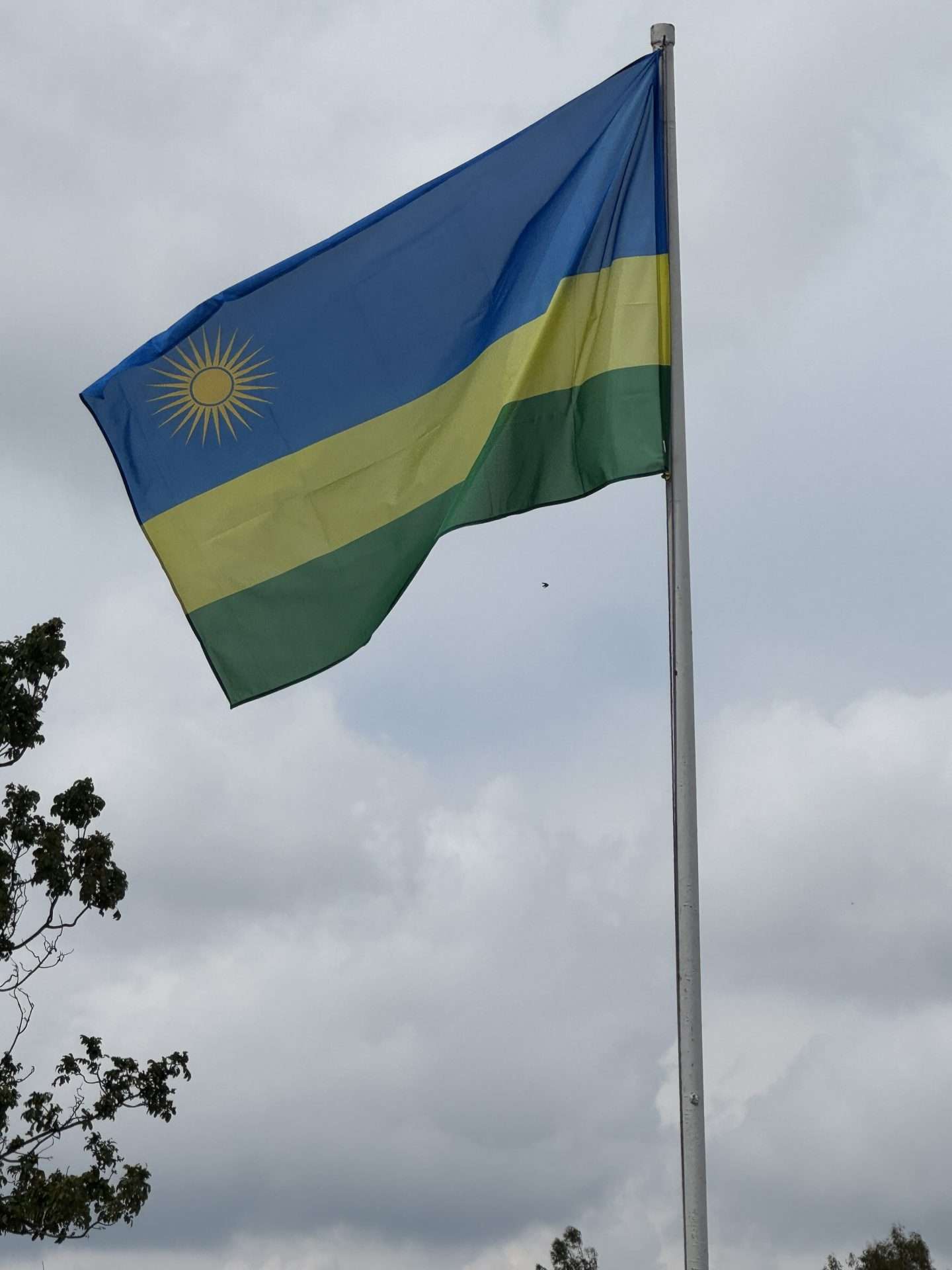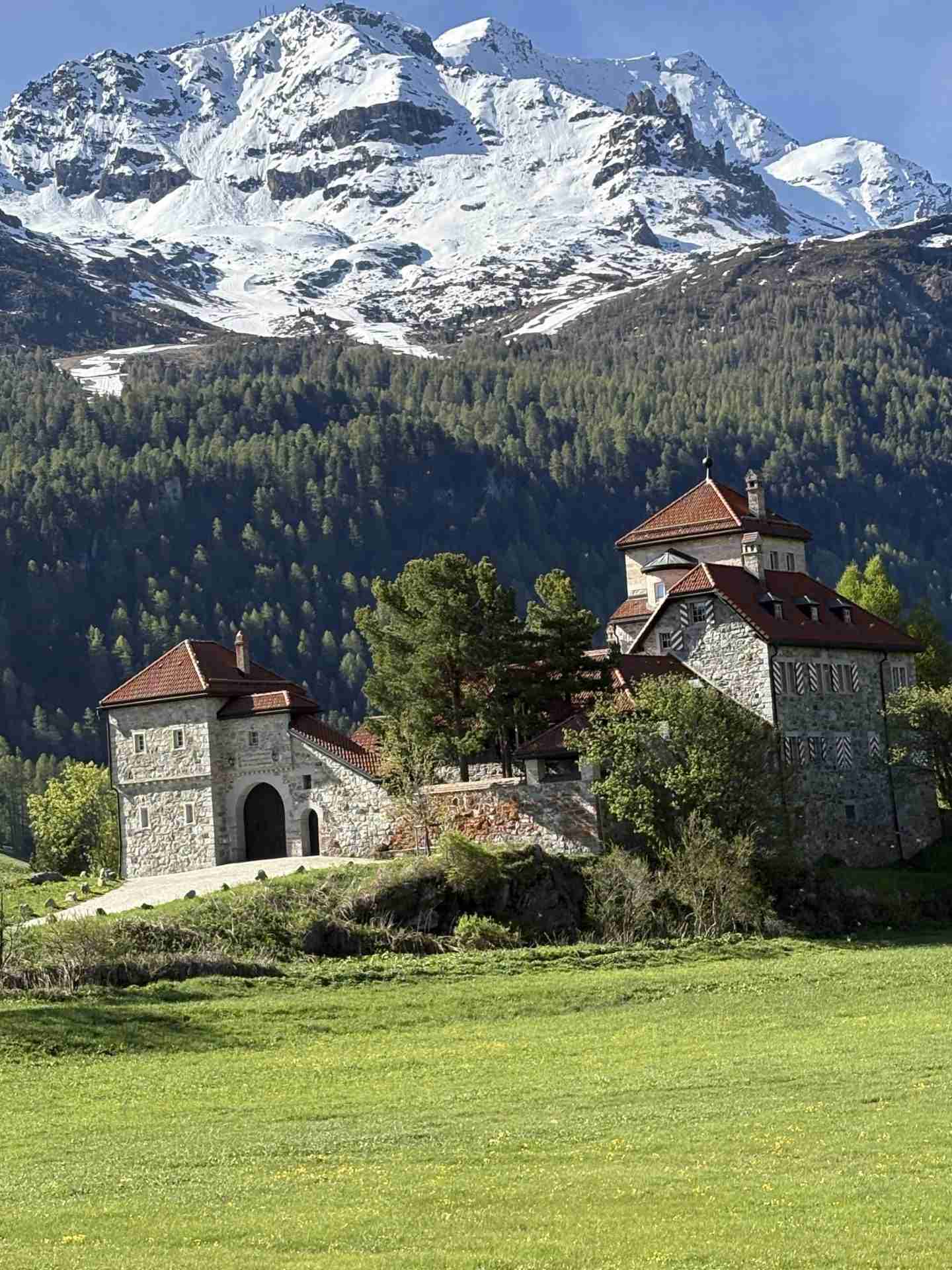Rwanda: National Unity and Reconciliation Following the Genocide Against the Tutsi.
Rwanda, a nation nestled in the heart of southwestern Africa, has emerged from the ashes of a tragic past to become a beacon of progress and resilience. The country, once synonymous with the horrific 1994 genocide, has undergone a remarkable transformation, achieving rapid economic growth and establishing itself as a model of cleanliness and environmental consciousness. This resurgence is evident in the vibrant capital city of Kigali, a testament to Rwanda’s commitment to modernization and sustainable development. The city’s blend of traditional architecture and sleek, contemporary structures reflects the harmonious coexistence of the old and the new, while its impeccably clean streets and abundant green spaces speak volumes about the nation’s dedication to environmental stewardship. Rwanda’s commitment to progress extends beyond its urban centers, permeating the very fabric of its society and shaping its national identity.
Kigali’s pristine environment is a direct result of deliberate policies and community-driven initiatives. The 2008 ban on plastic bags and packaging, a pioneering move in East Africa, demonstrated Rwanda’s commitment to tackling plastic pollution. This bold step was followed by a concerted effort to develop infrastructure, including the construction of new roads and the expansion of green areas, further enhancing the city’s aesthetic appeal and livability. The monthly tradition of Umuganda, a nationwide community service day, exemplifies Rwanda’s collective spirit and dedication to maintaining a clean and healthy environment. During Umuganda, citizens from all walks of life come together to participate in various community improvement activities, including cleaning public spaces and picking up litter. This nationwide effort, coupled with the ubiquitous presence of strategically placed rubbish bins, ensures that cleanliness remains a top priority.
The Rwandan government’s focus on infrastructure development is evident in Kigali’s world-class airport, a bustling hub for tourists, business travelers, and diplomats. This modern gateway serves as a symbol of Rwanda’s openness to the world and its commitment to fostering international connections. The airport’s sleek design and efficient operations reflect the nation’s ambition to become a regional hub for trade and tourism, contributing to its continued economic growth. The burgeoning hospitality sector, with its growing number of luxury hotels, further underscores Rwanda’s commitment to attracting visitors and showcasing its unique blend of natural beauty, cultural richness, and modern amenities.
However, beneath the surface of this remarkable progress lies the indelible scar of the 1994 genocide, a dark chapter in Rwanda’s history that continues to shape its national identity. The Kigali Genocide Memorial stands as a poignant reminder of this horrific event, serving as a place of remembrance and reflection for both Rwandans and visitors. The memorial chronicles the systematic extermination of nearly a million Tutsi people, a chilling testament to the devastating consequences of hatred and intolerance. The stories of the victims, their lives brutally cut short, serve as a stark reminder of the importance of promoting peace, understanding, and reconciliation.
The Rwandan government, led by President Paul Kagame, has made reconciliation a cornerstone of its post-genocide strategy. National holidays dedicated to commemorating the victims of the genocide provide opportunities for Hutus and Tutsis to come together in a spirit of remembrance and shared grief. The emphasis on mutual forgiveness, actively promoted by the government, is crucial to healing the deep wounds of the past and building a more cohesive and unified nation. This commitment to reconciliation, while challenging, is essential for fostering lasting peace and preventing future atrocities.
Rwanda’s journey from the depths of despair to its current state of progress is a testament to the resilience of its people and the visionary leadership of its government. The nation’s commitment to environmental sustainability, infrastructure development, and reconciliation has transformed it into a model for other countries emerging from conflict. Rwanda’s story serves as a powerful reminder of the human capacity for renewal and the potential for even the most deeply wounded societies to heal and rebuild. The country’s experience offers valuable lessons for the international community, highlighting the importance of investing in education, fostering dialogue, and promoting justice to prevent future tragedies and build a more peaceful and just world.
Share this content:












Post Comment